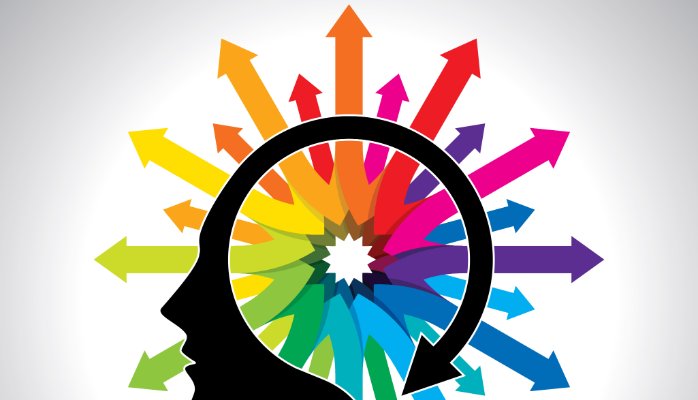Assumptions and Expectations 101 - Lenny Kravitz
With the struggles this nation has been working through lately, we’ve been thinking about how we can go about figuring out what problems need to be addressed. One issue that seems to creep up as the underlying cause of so many problems is the quality of our modern communicating, and the amount of issues that come from the miscommunications that appear.
It is far too easy to assume your audience has a similar bank of information stored in their memory that you do, and thus it could be logical to expect someone to follow your point of view in a conversation.
For an entirely obscure example, let’s step into a conversation about singer, songwriter, actor, record producer, Lenny Kravitz:
If during this A and B conversation, A were to say
“Lenny Kravitz’s work is great!”
and B were to respond,
“It really is! I especially enjoy his neo-psychedelic work!”
the expectation is that B knows what A knows about Kravitz. The assumption can be made that most people know of Kravitz as a musician.
Now, what if A just happened not to know who musician/actor Lenny Kravitz is (no matter how unlikely that is), and if A were to instead be a well-informed interior designer… (stay with us)
Image via TrandHunter.com
…A could infer that B was talking about Kravitz’s furniture design work (left-field, we know). You could imagine how strange the conversation could get if it continued…
Image via CB2.com
It’s too easy to exclude information during a discussion that could be vital to effective communication. It is incredibly important to remember that no two persons have the same experiences. Any experience is made up of a person’s identity, location, perceptions, beliefs, attitudes, values, physical position, and (the kicker) their past experiences, among other things. It’s literally impossible for two people to have the same background, the same well of experience to pull from. Ideas are the result of our experiences and the way that we have perceived them.
Communication is the way to exchange these ideas, with the goal of socially connecting with one another.
Issues of religion, social class, politics, gender, age, ethnicity, all arise from the miscommunication that forms when communicating with a person with a differing set of experiences.
It is safe to assume that the more specific a subject, the more important it is to be as informative as possible to negate any loss of information that could occur.
-A
Image via LinkedIn.com
https://www.cb2.com/kravitz-design-collaboration/design-collabs/
https://www.trendhunter.com/trends/cb2-lenny-kravitz
https://www.linkedin.com/pulse/20141202193027-172988932-the-psychology-behind-online-customer-experiences



